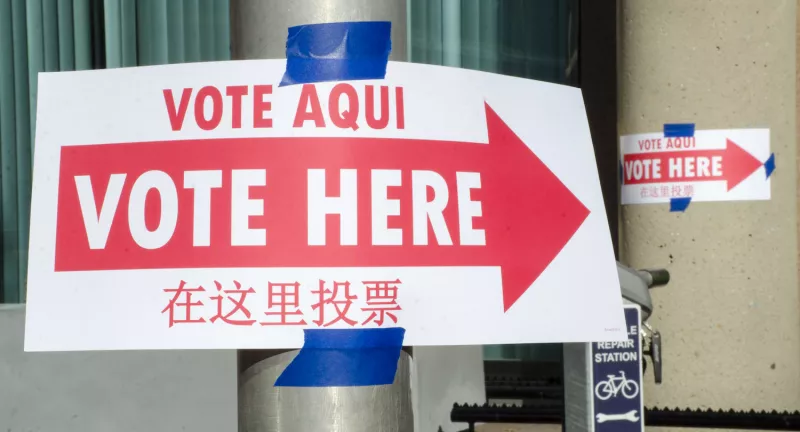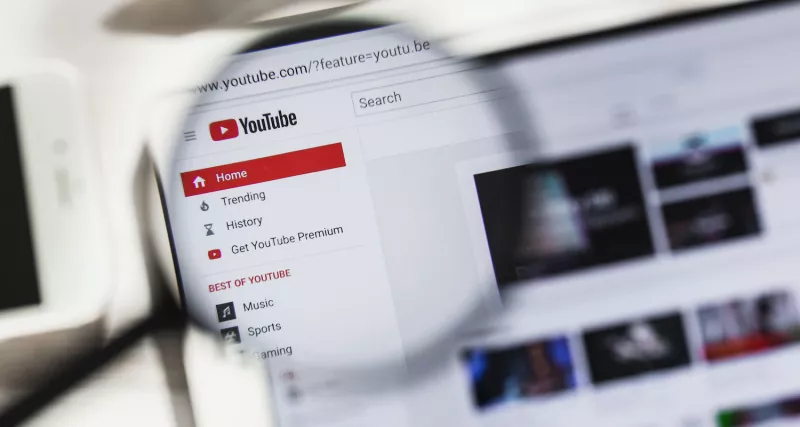YouTube
Academic Research
-
Journal Article
Understanding Latino Political Engagement and Activity on Social Media
Political Research Quarterly, 2025
-
Journal Article
Estimating the Ideology of Political YouTube Videos
Political Analysis, 2024
We present a method for estimating the ideology of political YouTube videos. As online media increasingly influences how people engage with politics, so does the importance of quantifying the ideology of such media for research. The subfield of estimating ideology as a latent variable has often focused on traditional actors such as legislators, while more recent work has used social media data to estimate the ideology of ordinary users, political elites, and media sources. We build on this work by developing a method to estimate the ideologies of YouTube videos, an important subset of media, based on their accompanying text metadata. First, we take Reddit posts linking to YouTube videos and use correspondence analysis to place those videos in an ideological space. We then train a text-based model with those estimated ideologies as training labels, enabling us to estimate the ideologies of videos not posted on Reddit. These predicted ideologies are then validated against human labels. Finally, we demonstrate the utility of this method by applying it to the watch histories of survey respondents with self-identified ideologies to evaluate the prevalence of echo chambers on YouTube. Our approach gives video-level scores based only on supplied text metadata, is scalable, and can be easily adjusted to account for changes in the ideological climate. This method could also be generalized to estimate the ideology of other items referenced or posted on Reddit.
Reports & Analysis
-
Analysis
Latinos Who Use Spanish-Language Social Media Get More Misinformation
That could affect their votes — and their safety from covid-19.
November 8, 2022
-
Analysis
Echo Chambers, Rabbit Holes, and Ideological Bias: How YouTube Recommends Content to Real Users
We find that YouTube’s recommendation algorithm does not lead the vast majority of users down extremist rabbit holes, although it does push users into increasingly narrow ideological ranges of content in what we might call evidence of a (very) mild ideological echo chamber.
October 13, 2022
News & Commentary
-
Policy
Comments on Ofcom’s Call for Evidence on Researcher Access
We responded to Ofcom’s public request for evidence on researcher access to online service data for safety research, highlighting barriers researchers face when accessing social media data, the challenges of limited information sharing, potential ways to improve data access, and examples of robust data-sharing practices.
July 26, 2025
-
News
2024 Year in Review: Our Research & Impact
A look at our top articles, events, and more from the past year.
December 18, 2024



